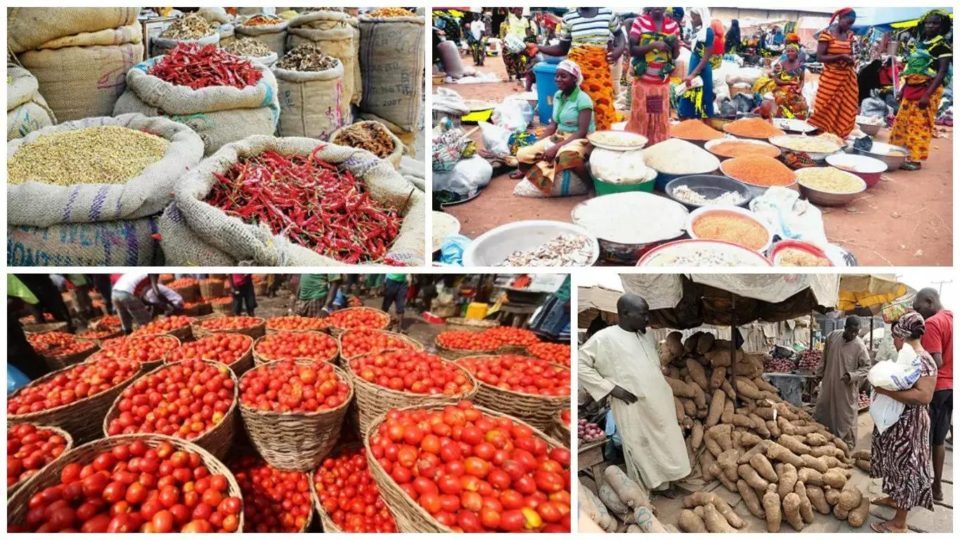This represents the highest inflation rate recorded in 34 months since January 2018

Samuel Oyekanmi
Nigeria’s inflation rate spiked by 14.89% (year-on-year) in November 2020, which is 0.66% points higher than the rate recorded in October 2020 (14.23%). This is according to the Consumer Price Index report, recently released by the National Bureau of Statistics (NBS).
According to the report, the latest figure represents the highest inflation rate recorded in 34 months since January 2018, when the rate stood at 15.13%.
On a month-on-month basis, the Headline index increased by 1.6% in November 2020. This is 0.06% points higher than the rate recorded in October 2020 (1.54%).
Food inflation
The food index rose sharply by 18.3% in November 2020 compared to 17.38% in October 2020, representing 0.92% points higher than the preceding month.
The closely watched component of the inflation index, rose by 2.04% in November 2020 on a month-on-month basis, up by 0.08% points from 1.96% recorded in October 2020.
Meanwhile, the rise in the food index was caused by increases in prices of Bread and cereals, Potatoes, yam and other tubers, Meat, Fish, Fruits, Vegetables, and Oils and fats.
Core inflation: The ”All items less farm produce” or Core inflation, which excludes the prices of volatile agricultural produce stood at 11.05% in November 2020, declined by 0.09% when compared with 11.14% recorded in October 2020.
On a month-on-month basis, the core sub-index increased by 0.71 percent in November 2020 representing a sharp 0.54% point decline when compared with 1.25% recorded in October 2020.
The highest increases were recorded in prices of Passenger transport by air, Medical services, Hospital services, Repair of furniture, Passenger transport by road, Maintenance and repair of personal transport equipment, vehicle spare parts, Hairdressing salons and personal grooming establishments, Pharmaceutical products, Paramedical services and Motor cars.
Worst hit states
In the month under review, Kogi State recorded the highest inflation rate at 19.87%, closely followed by Bauchi State with an inflation rate of 19.67%. Also, Zamfara State recorded an inflation rate of 17.3% while Sokoto and Yobe States recorded 16.97% and 16.44% respectively.
In terms of food index, Kogi State also recorded the highest rise in inflation rate, followed by Zamfara (20.6%), Sokoto (20.6%) while Ebonyi and Plateau State recorded food inflation of 20.2% and 19.7% respectively.
What this means
Nigerians are still facing the hardship caused by the effect of the covid-19 lockdown and the sustained land border closure, which has caused the cost of major food items and essential services to skyrocket nationwide.
- Most non-agricultural items that recorded significant increases in the periods were mostly transport services, medical services, and pharmaceutical products.
- As many Nigerians are drawn to be more aware of their health status due to the covid outbreak, increased demand for medical services and health-related products has caused a significant hike in prices.
- While increased travels towards the end of the year must have contributed towards the increases recorded.
- This indicates that the purchasing power of consumers is rapidly declining.





No comments :
Post a Comment